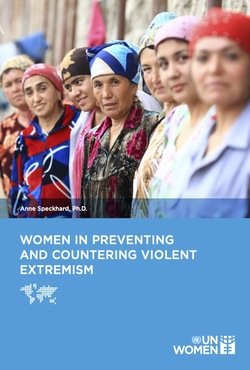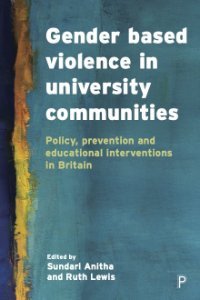By August Bebel (Author), Colin Heston (Introduction)
August Bebel’s Woman and Socialism is one of the most influential and enduring works in the history of socialist and feminist thought. First published in 1879 as Die Frau und der Sozialismus, the book represents a groundbreaking synthesis of Marxist theory and the struggle for women’s emancipation. Bebel, a co-founder of the German Social Democratic Party and a leading figure in the international socialist movement, sought to demonstrate that the liberation of women was not only compatible with socialism but essential to its realization. His work remains a foundational text for understanding the intersection of class and gender oppression, and it continues to resonate in contemporary debates about equality, labor, and social justice.
Woman and Socialism is not merely a critique; it is also a vision of transformation. Bebel outlines how a socialist society would fundamentally alter the conditions of women’s lives. In such a society, he argues, the means of production would be collectively owned, and both men and women would participate equally in productive labor. The state would assume responsibility for many of the functions traditionally relegated to women—such as childcare, education, and elder care—thus freeing women from the confines of domestic servitude. Marriage would become a voluntary and egalitarian union, based on mutual affection rather than economic necessity.
Bebel’s work is notable for its breadth and depth. He addresses a wide range of issues, including education, reproductive rights, prostitution, and the role of women in political movements. He also engages with contemporary debates within the socialist movement, challenging those who viewed the “woman question” as secondary or divisive. For Bebel, the emancipation of women is not a peripheral concern but a central pillar of socialist theory and practice. He argues that a society cannot be truly free or just if half its population remains oppressed. Bebel explores a wide range of themes that connect the struggle for women’s emancipation with the broader goals of socialism.
Bebel’s introduction itself serves as both a historical overview and a political manifesto. It invites readers to reconsider the roots of gender inequality and to imagine a future in which social and economic structures support, rather than hinder, human flourishing. Bebel’s synthesis of feminism and socialism was ahead of its time, and his insistence on the inseparability of class and gender struggles remains a powerful and relevant message. His work continues to inspire activists, scholars, and readers committed to building a more equitable world.
There are a number of editions and translations each edition slightly different. For example, sometime the title is written as Woman Under Socialism. The extensive use of tables of statistics also varies form one edition to another. This edition has been reformatted, designed, abridged and annotated with an Introduction by renowned novelist and story writer Colin Heston to remove errors and other distracting content that occurred in the original edition, making the book more accessible for the present day reader.
Read-Me.Org Inc. New York-Philadelphia-Australia. 2025. 359p.








